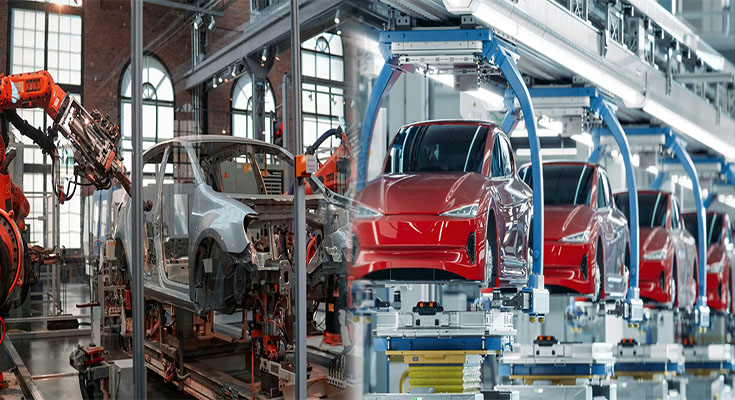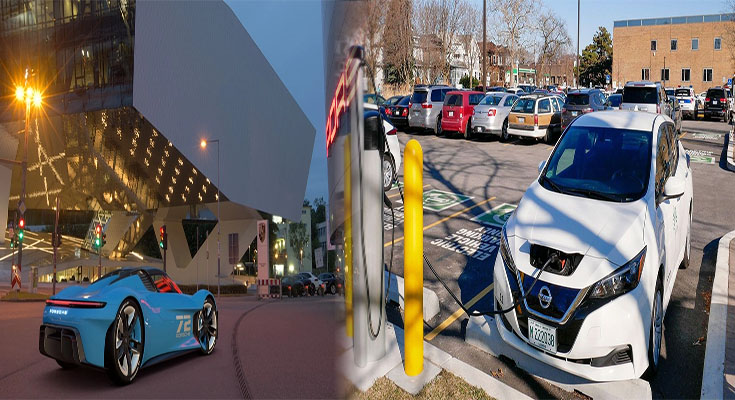The automotive industry has been marked by a series of significant mergers and acquisitions that have reshaped the competitive landscape and redefined the dynamics of the market. These strategic moves have not only influenced the fortunes of individual companies but have also had far-reaching implications for the entire automotive sector. Let’s delve into some of the most impactful mergers and acquisitions in the car industry in recent times.
Fiat Chrysler Automobiles (FCA) and Groupe PSA
In a landmark deal, Italian-American automaker Fiat Chrysler Automobiles (FCA) and French automotive giant Groupe PSA finalized their merger to create Stellantis in January 2021. This merger brought together renowned brands such as Jeep, Ram, Peugeot, Citroën, and Opel under one umbrella, making Stellantis the fourth-largest automaker in the world by volume. The merger aimed to leverage the complementary strengths of both companies to achieve synergies in R&D, manufacturing, and distribution, while also reinforcing their competitive position in the global automotive market.
Geely Holding Group and Volvo Cars
The acquisition of Volvo Cars by Chinese automotive company Geely Holding Group in 2010 marked a significant turning point for the Swedish luxury carmaker. Under Geely’s ownership, Volvo Cars experienced a notable resurgence, with a revitalized product lineup and a renewed focus on electrification and autonomous driving technologies. The acquisition not only bolstered Volvo’s global expansion and diversification but also served as a testament to successful cross-border collaborations in the automotive industry.
Renault-Nissan-Mitsubishi Alliance
The alliance formed between French automaker Renault, Japanese automaker Nissan, and Mitsubishi Motors represents one of the most enduring and impactful collaborations in the automotive industry. What began as a partnership between Renault and Nissan in 1999 expanded to include Mitsubishi Motors in 2016, creating a formidable automotive alliance with significant global market presence. The collaboration has enabled the member companies to share resources, jointly develop technologies, and achieve economies of scale, while also spearheading advancements in electric vehicles, connectivity, and autonomous driving platforms.
Volkswagen’s Acquisitions
Volkswagen, one of the world’s largest automakers, has been involved in several high-profile acquisitions that have bolstered its position in the global automotive market. Notable acquisitions include the purchase of a majority stake in Swedish truck maker Scania as well as its subsequent full acquisition, the acquisition of Italian motorcycle manufacturer Ducati, and the acquisition of a significant stake in Navistar International Corporation, a major player in the commercial vehicles segment. These acquisitions have enabled Volkswagen to diversify its product portfolio and strengthen its presence across various automotive segments.
The Impact of Mergers and Acquisitions
The mergers and acquisitions in the car industry have not only led to the consolidation of key players but have also fostered collaborations that drive innovation, technological advancements, and market expansion. These strategic partnerships have enabled companies to share resources, mitigate risks, and capitalize on each other’s strengths, ultimately enhancing their competitiveness in an increasingly dynamic and challenging automotive landscape.
The top mergers and acquisitions in the car industry have redefined the industry’s competitive dynamics and reshaped the global automotive market. These strategic moves have not only reshuffled the hierarchy of major players but have also catalyzed advancements in technology, product development, and market expansion. As the automotive industry continues to evolve, the impact of these mergers and acquisitions will continue to be felt, shaping the future of mobility and driving innovation across the sector.













